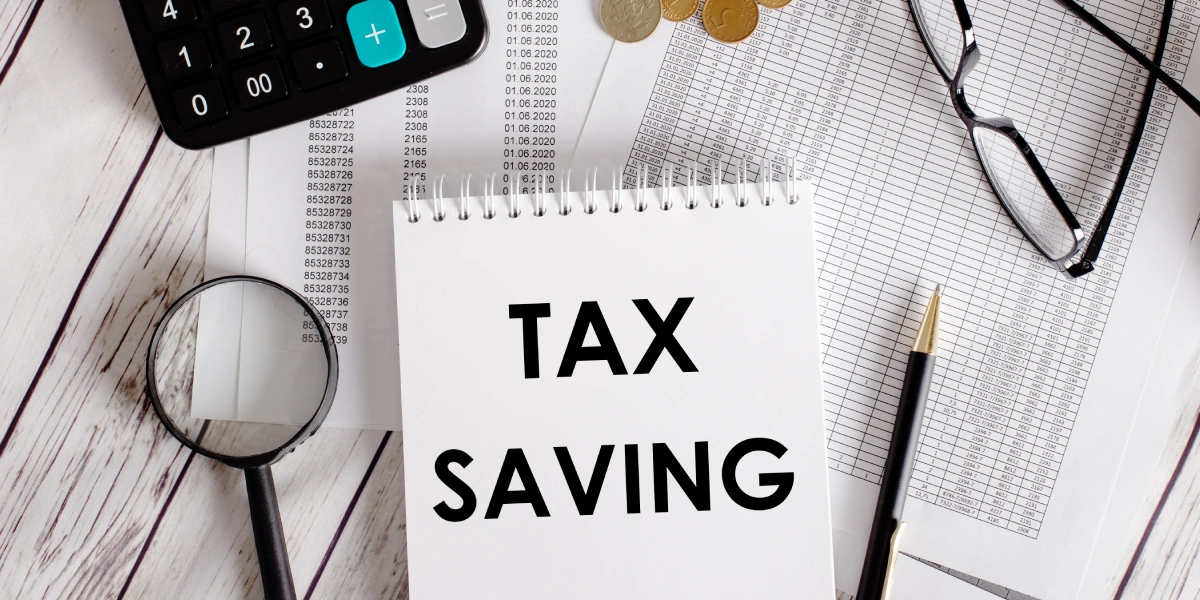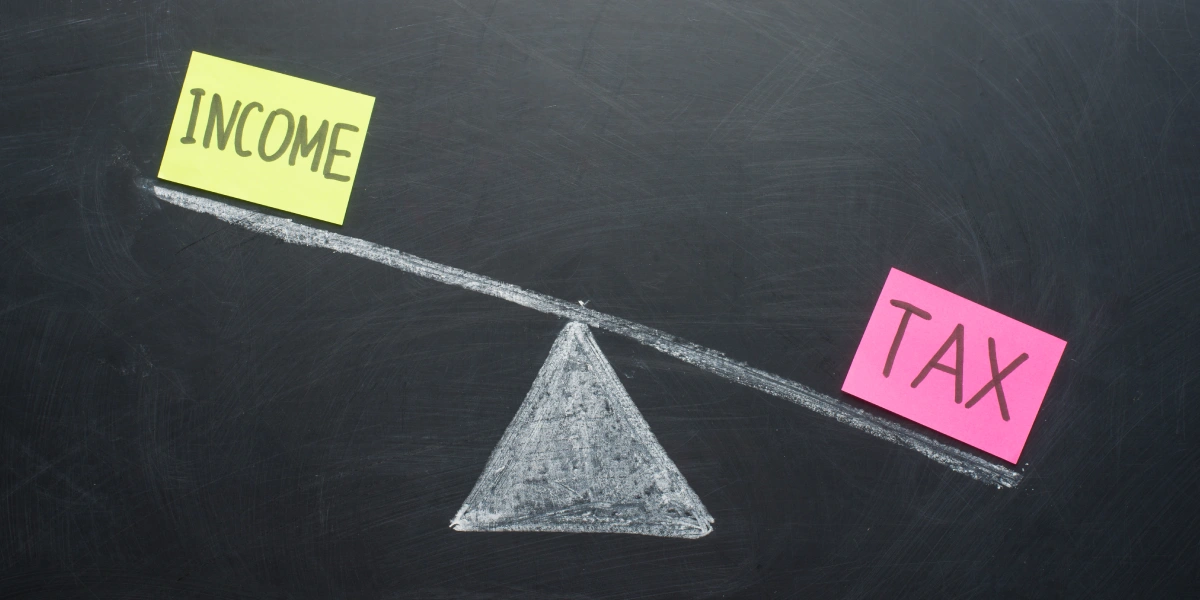Britain’s forthcoming High‑Value Council Tax Surcharge, commonly called the mansion tax, will start in April 2028. It adds an annual levy to homes in England valued above £2 million as at 1 April 2026. The current band‑based system lets some mid‑range properties pay more council tax than mansions, so ministers hope to raise about £0.4 billion a year from high‑value homes. However, the problems with Mansion tax, such as its blunt design, could distort behaviour and create unintended winners and losers.
Supporters argue that the new surcharge will correct an obvious unfairness and provide funds for public services. The charge sits on top of standard council tax and will be uprated with inflation, meaning bills could increase over time. Valuations are frozen for five‑year cycles to give homeowners certainty, but there is no official calculator yet, and guidance on reliefs is sparse, leaving many families unsure how much they will owe.
Read: Analysing the Impact of Mansion Tax on the Prime Property Market in UK
How it Works
- Valuation date: The Valuation Office Agency (VOA) will estimate each property’s market value on 1 April 2026 and revalue every five years. Improvements after that date do not affect the first cycle.
- Bands: Homes worth £2 m–£2.5 m pay £2,500; £2.5 m–£3.5 m pay £3,500; £3.5 m–£5 m pay £5,000; and those over £5 m pay £7,500.
- Scope: The surcharge applies to each property, including second homes and rentals. Landlords pay the levy, while tenants still pay ordinary council tax. There are currently no statutory exemptions, though the government hints at future reliefs.
Problems With Mansion Tax in UK
People widely criticise the mansion tax not for taxing high-value property, but for its flawed structure. Key issues with mansion tax include:
Cliff edges:
Sharp bands mean a property just over £2 million pays the same levy as one far more expensive, while homes just under the threshold pay nothing. This encourages sellers to price just below the cut‑off. A proportional tax on value above £2m would avoid these distortions.
Complex valuations:
Around 200,000 homes must be valued. The HomeOwners Alliance doubts the VOA’s automated approach can capture the nuances of unique properties and predicts most owners will appeal, potentially overwhelming the agency.
Regional and social inequity:
More than 60% of £2 million-plus homes are in London and the South East, so the levy is a regional tax. Critics warn that many owners are asset‑rich but cash‑poor; for some pensioners, it could equal a year’s state pension and push them to move.
Knock-on effects:
Banded property taxes discourage improvements and are priced into house values. Prime buyers are already rethinking London purchases, and landlords are expected to pass the cost on to tenants.
Read: Mansion Tax in UK to Affect 200,000 Homes Starting in 2028
How Apex Accountants Support Property Owners Facing the Problems with Mansion Tax
- Valuations and Appeals: We arrange independent surveys and assist with challenging VOA assessments, helping homeowners ensure their property is accurately valued.
- Tax and Portfolio Planning: We advise property owners on timing renovations or sales to stay below the £2 million threshold, and we model how the surcharge impacts rental yields and other strategies like downsizing.
Conclusion
The mansion tax seeks to fix an inequity in council tax but may create more problems than it solves. Many of the mansion tax design issues, such as sharp bands, encourage price manipulation and discouraging improvements, while valuing unique homes, will be contentious, and appeals could overwhelm the VOA. Because most high-value properties sit in London and the South East, the burden lands on a narrow group, including pensioners who are wealthy on paper but not in cash. Landlords may pass costs to tenants, and rents could rise. A proportional levy on value above a high threshold, plus clear reliefs, would be simpler and fairer. Homeowners should prepare for valuations, gather evidence, and seek professional advice until the design improves.










